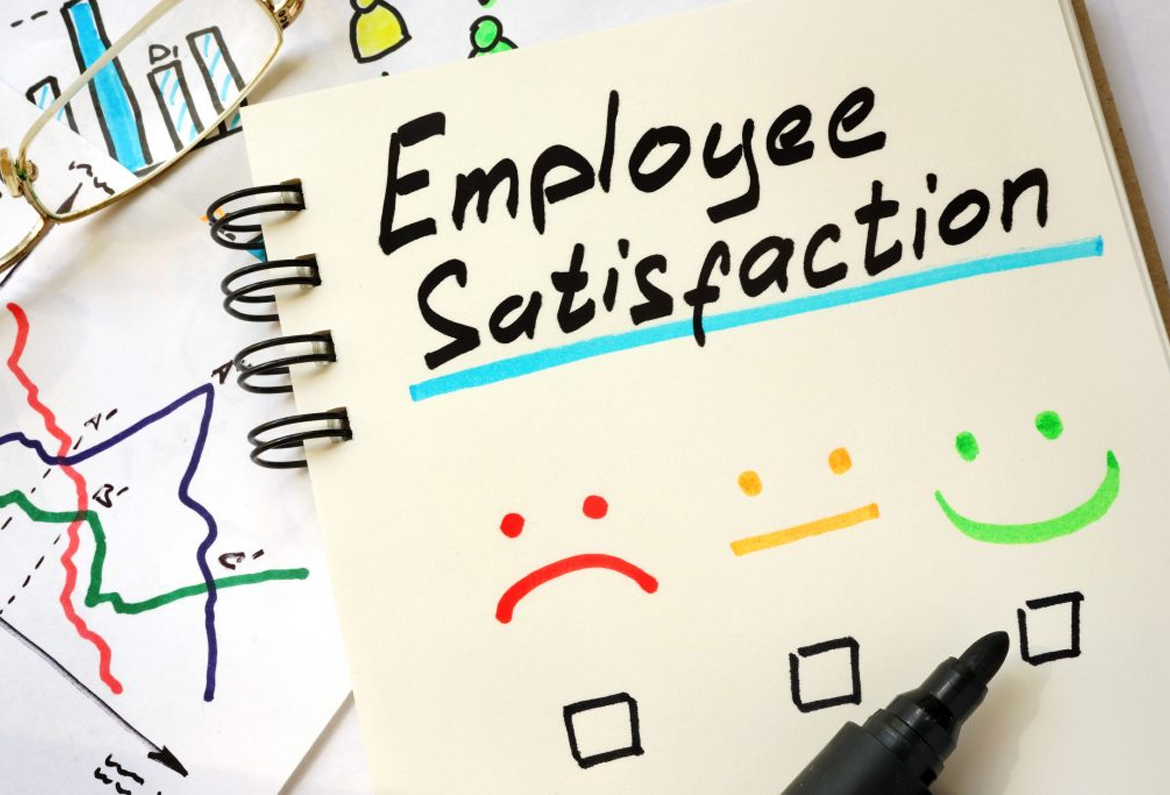Social Media Content Moderation
Social Media Content moderation involves monitoring of the content and altering it in such a way that it meets the pre-set guidelines. This practice is done to ensure the authenticity of the content posted, on different platforms. In recent years unethical practices like spam, political propaganda, disturbing videos, and dangerous hoaxes have significantly increased on the social media platforms. To condemn such unethical practices, the government has taken strict actions and has formed policies that every e-commerce venture has to abide by. This has forced all the social media companies to generate unique and socially correct content for their platforms. Further, you will witness the advantages of Content Moderation through AI.
AI Technology in content moderation
Technological capabilities like automating repetitive manual tasks and robotic process automation help social media platforms to maintain their standards and efficiently operate content management. Utilizing natural language processing systems, A.I. may be trained to admit text messaging over multiple languages. An application built to identify posts that violate public tips, as an instance, could be instructed to find racial slurs or terms related to extremist propaganda. A.I. tends to function associate degree initial screening, but human moderators are often still needed to determine if the content actually violates community standards.

AI offers the promise and threat of being able to take over much of the work. AI now catches more inappropriate images than people do. Others still are working to identify the kind of harassment and bullying that requires conceptual understanding rather than just identifying an inappropriate word or image. Companies check digital content and remove offensive material is on the brink of change.
Though technology plays a crucial role, we cannot completely rely on technology for sensitive tasks related to content moderation. A content moderator adds his experience to improve the content and make it ideal for all the platforms. Thus, in the upcoming future, the demand for a content moderator will see a rise.
User-Generated Content
UGC is ethically and legally owned by the creator of the content. Copyright laws still apply, even in the age of social media where it is tempting to assume it is public domain. This concept was upheld in a ruling by the U.S. District Court in the case of Agence France Presse v Morel in 2013.

Implicit permission relies on the belief that a person that uploads the photograph or video to an organization web site or tags the photograph with a brand-related hashtag is thus providing permission for the corporate to use this content. This type of assumed permission may be a legal grey area, and companies are encouraged to include terms and conditions when embarking on any content collection campaign that relies on implicit permission.
A.I. Artificial intelligence
An up and coming age of AI devices will have the option to distinguish and score a lot bigger scope of qualities than just protests inside the substance itself. The substance source and setting both convey a relative hazard factor that the substance is unlawful, illicit, or unseemly. The content source and context both carry a relative risk factor that the content is illicit, illegal, or inappropriate.

In the not too distant future, algorithms will incorporate a huge multivariate set of content and context attributes. Based on attribute rating a relative risk score is going to be calculated that may confirm if one thing ought to be announced straightaway, announce however still reviewed, reviewed before posting, or not posted at all. Attributes will be tracked over time and the feedback loop to track bad actor activity will become more accurate and nearly instantaneous.





